Martha Stewart says these 5 plants will keep your yard mosquito-free – but do pest experts agree?
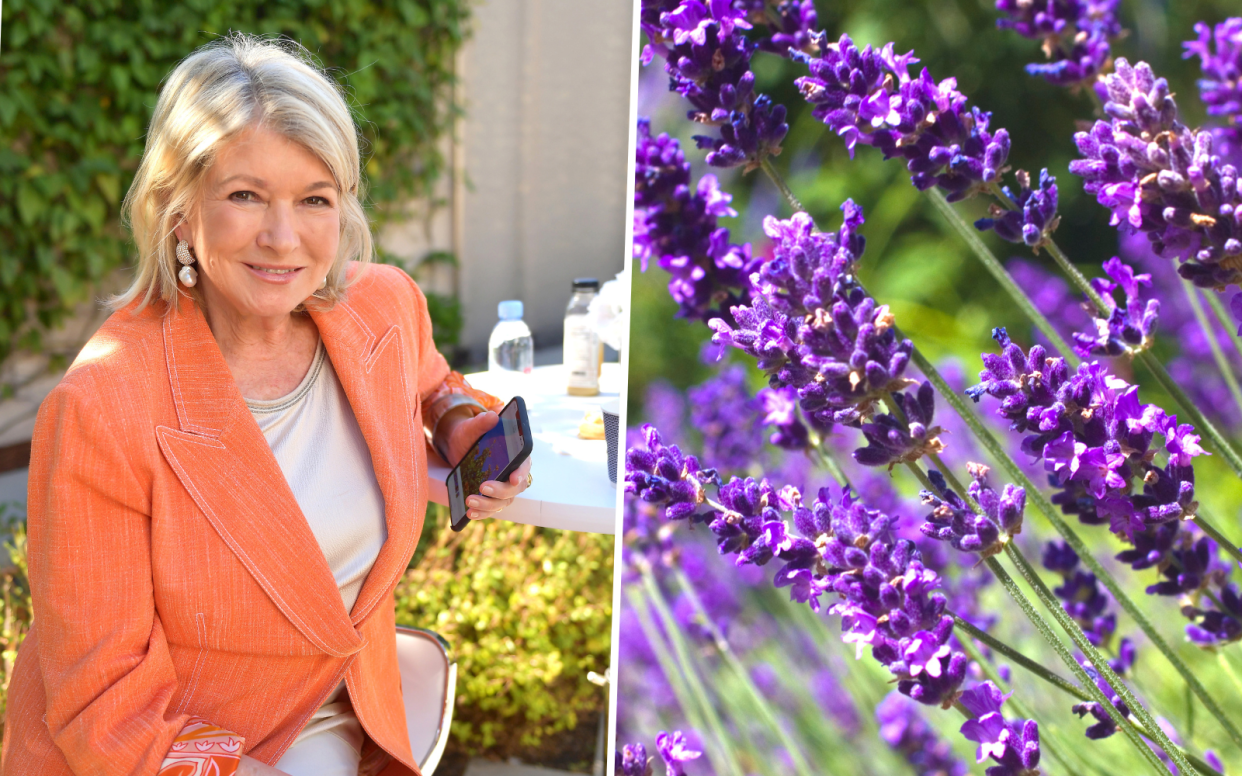
There are lots of theories about how best to deter mosquitos, but our favorite involve natural remedies – and are approved by Martha Stewart.
'The downside of warmer weather is an influx of insects – specifically mosquitoes. If your yard seems like a hub for the insects, you may be searching for natural remedies to keep them at bay,' Martha announced via Instagram. The most organic solution of all comes in the shape of mosquito-repellent plants – known to deter these dangerous pests – while adding color and interest that will only improve our yard's aesthetic. It's a win-win.
'Believe it or not, there are plenty of plants you can grow right in your garden that deters mosquitoes from invading in the first place, says the lifestyle expert. 'Whether you grow them in the ground or containers, keep these plants near entryways, patios, and seating areas to increase their effectiveness.' But which plants should we choose?
A post shared by Martha Stewart (@marthastewart)
A photo posted by on
Martha Stewart's top 5 mosquito-repellent plants
Over on the Martha Stewart blog, we are instructed to invest in catnip, citronella, l lavender, mint, and basil – all of which possess scents that deter mosquitoes. And Martha is not alone in her teachings. Cheri Ring, the owner of A-Action Pest Control, emphasizes her top five suggestions. Here's how they work.
1. Catnip
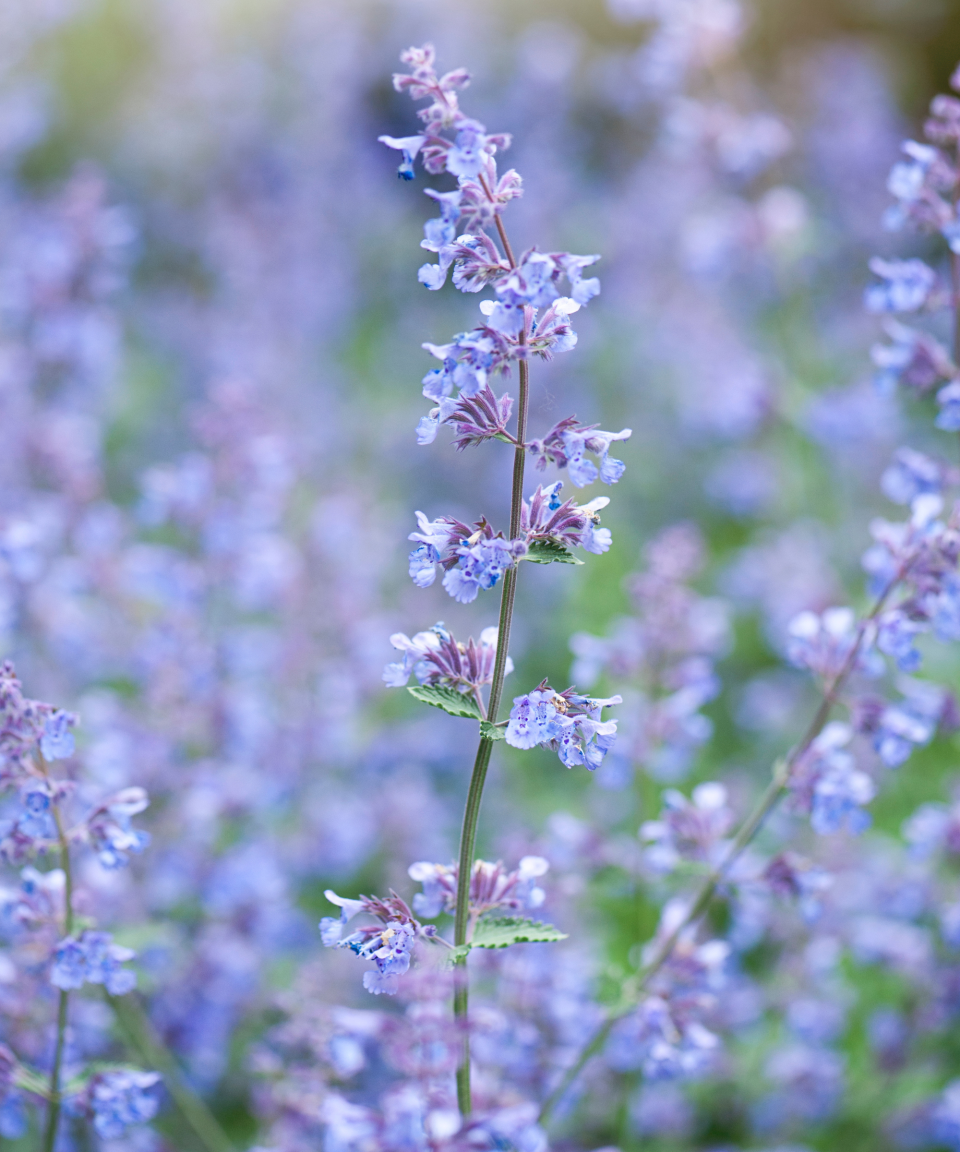
As popular as this scent is with our favorite felines, catnip is much less popular among mosquitoes.
'Believe it or not, catnip is a wonderful form of mosquito repellent as it contains an essential oil called "nepetalactone" that deters this pesky insect,' Cheri comments. 'Growing catnip on your front porch or in your backyard is an effective way to keep them at bay.'
However, for added protection, Cheri recommends taking a couple of catnip leaves, crushing them up, and rubbing them on a nearby material to keep them away for even longer.
2. Lavender
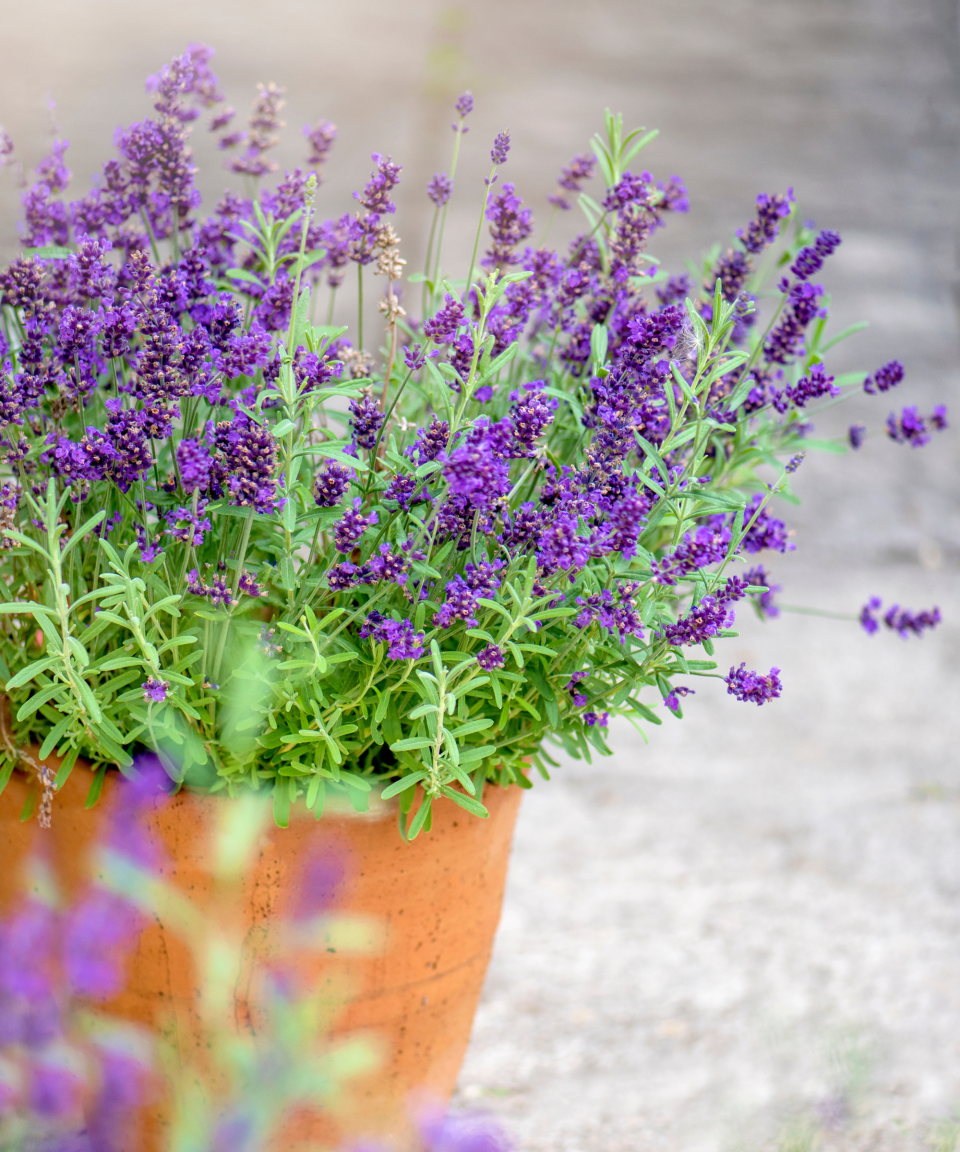
Lavender is celebrated for its good looks and therapeutic aroma, but it has quite the opposite effect on mosquitoes.
'One of the most inviting scents to humans is one of the most deterring scents to mosquitoes,' Cheri says. Wondering which variety is best? The experts on the Martha Stewart blog recommend Phenomenal Lavender 'for an iteration that is heat, humidity, and drought tolerant.' It's available here on Burpee.
And, alongside planting in your garden, Cheri suggests placing lavender plants around our homes – or investing in a lavender diffuser, like this one from Amazon, that will powerfully deter mosquitoes from any space.
3. Mint
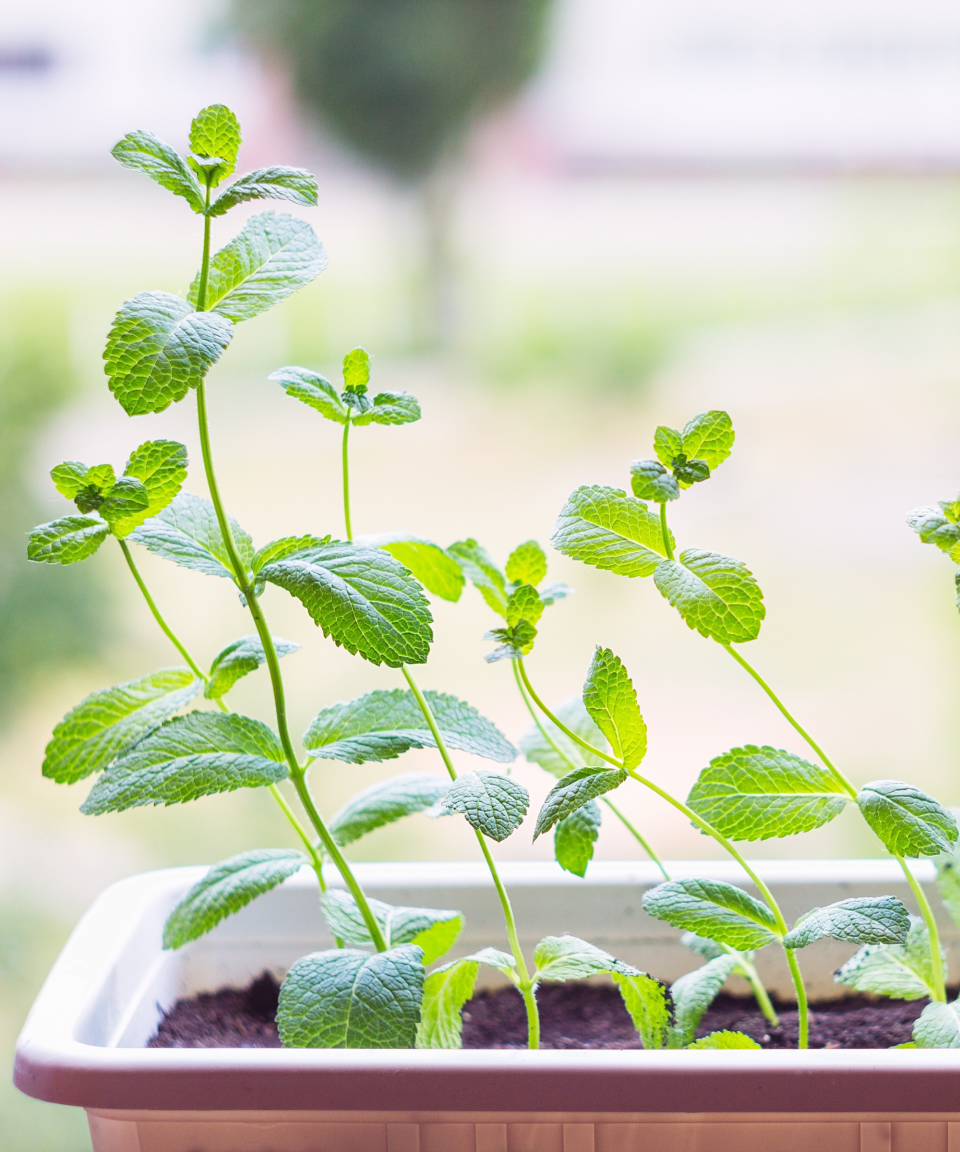
The experts agree that growing mint is one of the most effective ways to keep mosquitoes away from your yard – not least because a small plant will grow widely and rapidly. However, you can take this scent-trick one step further by pairing your plant with the anti-pest favorite tool: peppermint oil.
'Peppermint oil [like this one, also on Amazon] can be used to repel mosquitoes – but it does need to be used in big doses,' Cheri comments. 'Smaller concentrations will not make a difference, but a higher concentration can effectively keep mosquitoes under control.'
4. Basil
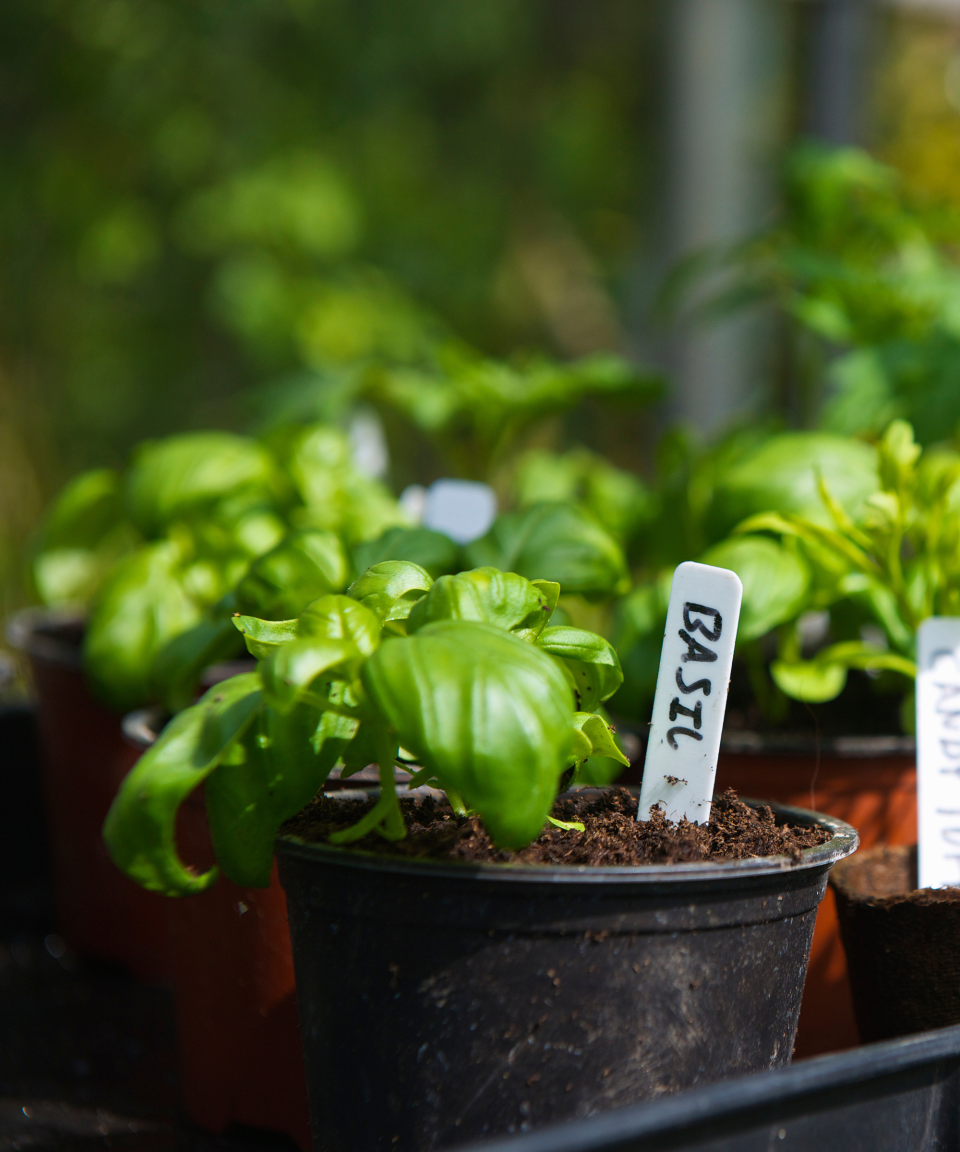
If you've tried to grow basil in the past, you'll likely be familiar with the distinct aroma that is a favorite in kitchen gardens globally. This same scent, however, comes with anti-mosquito qualities – meaning we can enjoy home-grown produce while protecting our homes from these insects in the process.
In this plant, four volatile compounds in basil plants interrupt the insect's heat and carbon dioxide sensors that consequently limit their ability to hunt down a meal. Therefore, mosquitoes are often forced to move away from the basil to revive their senses successfully.
5. Lemongrass
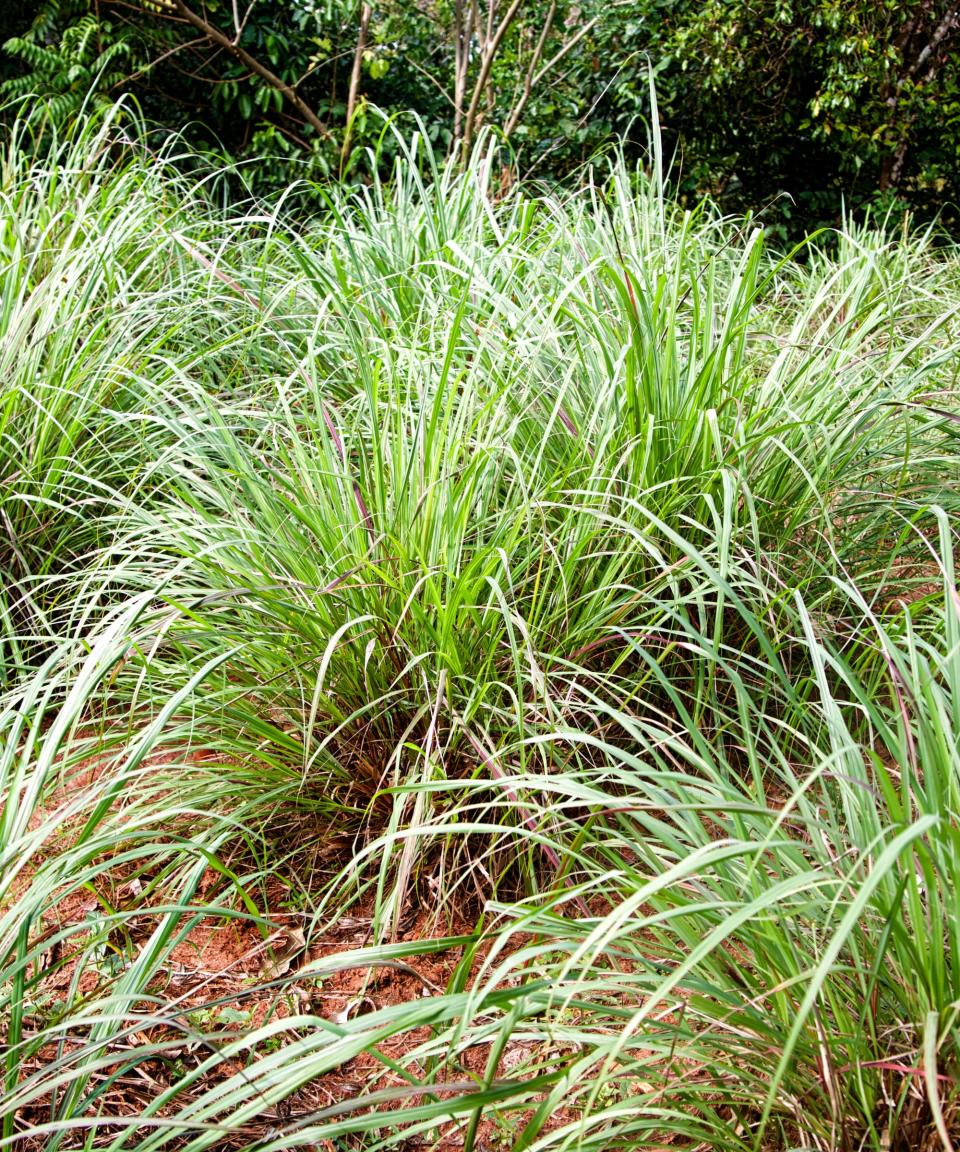
Lemongrass, also known as cymbopogon is a 'key ingredient that mosquitoes hate', but what makes it so unfavorable among the pest?
Lemongrass contains the compound citronella (recommended by Martha) that masks the scents (carbon dioxide and lactic acid) that mosquitoes use to find their victims. These pests are therefore quick to escape any area with lemongrass in order to find their next meal.

